Fracta offers a service for water pipe deterioration diagnosis using AI and machine learning technologies. The chairman of Fracta, Mr. Takashi Kato is a serial entrepreneur who founded the company in Silicon Valley in 2015. He is also the author of "Go Crazy! The Man Who Is Recognized by Google and Stanford on challenging issues related to 'Water Pipes'". In 2018, he sold the majority of his shares to Kurita Water Industries Ltd., a leading water treatment company. In 2021, he started a Proof of Concept (PoC) on maintenance work prediction and prevention of water pipelines deterioration in Thailand through a collaboration with JICA. We also asked Mr. Kato further on his experience in Thailand and passion he has on enthusiastically driving a startup abroad.
Summary
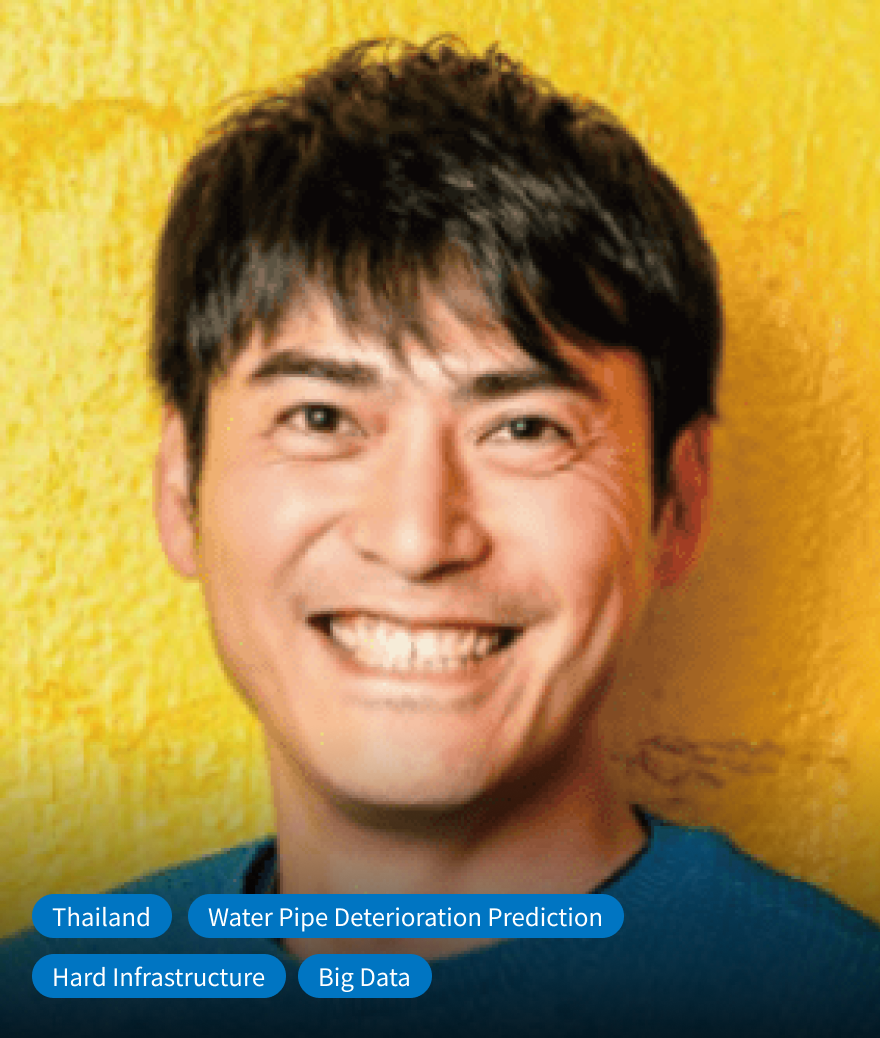
Project
Pilot on AI-based Pipeline Diagnostics in Thailand
Company
Fracta
Profile
The company was founded in June 2015, with headquarters located in Silicon Valley, California, USA. The core business is to offer a predicting infrastructure deterioration software service with AI and machine learning technologies such as predicting water pipes deterioration. The predicting method is to combine pipe data such as pipe materials, pipe age, soil, climate, and other relevant data together. Then, the technologies will facilitate in analyzing data as predict and identify the deterioration of water pipes as well as parts of water pipe that require a replacement. The service is currently adopted by more than 90 water suppliers, in 29 states, in the U.S., as well as in Europe and Japan. Moreover, in 2018, the company established business tie-up with a scale of 4-billion-yen capital with Kurita Water Industries in Japan, a global leading water treatment company.
Index
-
CHAPTER1 The Issue ~Will AI work effectively in developing countries?
An experiment has begun in a "Treasure Trove of Issues".~ - CHAPTER2 Collaboration with JICA ~While AI is supported by data, it is people who support that data~
- CHAPTER3 Achievements ~We will continue to face the challenges with more innovative thinking approach.~
Will AI work effectively in developing countries? An experiment has begun in a "Treasure Trove of Issues".
CHAPTER1 The Issue
Japan and Thailand have a long history of international cooperation since JICA has been actively working in Thailand for more than 40 years. As a result, Thai economy has grown remarkably since the late 1980's, and today , the country has become upper middle income countryAlthough the poverty rate has improved significantly compared to the past, the skyscrapers in Bangkok, the capital of Thailand, clearly symbolize the advancement of the country. However there are some challenges that have rather arisen while the country is developing. One of them is the high "non-revenue water rate"; the percentage of purified water produced by water supplier that does not convert into revenue. Despite the water supply in Bangkok has been improved and maintained with the support of JICA etc., its maintenance work showed some serious issues that need to be addressed further. For instance, aging water pipes and other factors that cause pipe leakage led to a higher number of non-revenue water rate. The problem became more serious in Bangkok, where the rate (FY2020) hit approximately 31% high while its in Japan of around 10% on average. The problem can be easily understood due to JICA’s many years of experiences in providing support to water suppliers around the world, who were looking for a way to solve the high non-revenue water rate issue with digital technology. At those times, Fracta was a key partner led by Mr. Kato.
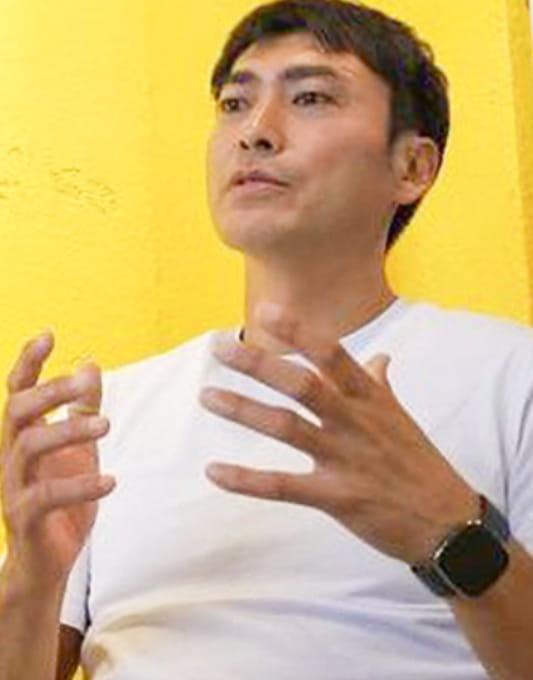
Chairman Mr. Kato
“The water supply in Thailand was a ‘Treasure Trove of Issues’. That's why I thought it would be a great learning experience." Mr. Kato said with passion in his eyes.
Fracta has been expanding its services starting from the U.S. and continuing to grow into Japan, Europe, and other countries worldwide, where the water supply infrastructure is deteriorating, and the society is advancing. However, the first impression of Thailand was intensive due to its unique way of approaching things in general.
“For example, when there was an accident or problem with the water pipe maintenance in Japan, there is always an alternative solution available such as repairment or renewal. In Thailand, however, this is not always possible. The impact of each negative event is significant because the social infrastructure is not well developed as in the advanced countries. As a result, in many cases, the socially disadvantaged people are the ones who are impacted from these events in the end. I initially thought that “OK, I understood the cause and impact of water problem well”, but I just realized how serious the water problem is in practice.”
Fracta and JICA had started the PoC to find out whether AI-based pipeline diagnosis can be effective under a higher complicated environment than in Europe or North America?
While AI is supported by data, it is people who support that data
CHAPTER2 Collaboration with JICA
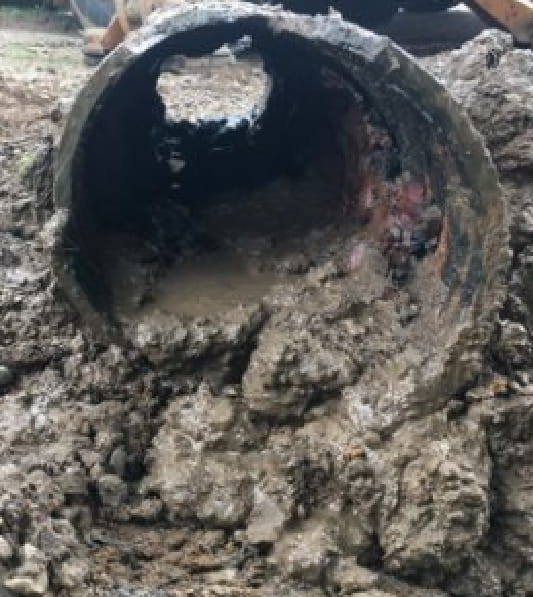
Fracta combined the water pipe data with environmental data, which are provided by the water suppliers. Based on this, AI calculated the probability of leakage, as well as mapped and visualized the results. At first, the Thai authorities were little confused by the initial approach. However, after a careful explanation on the significance and benefits of using AI for pipe condition diagnosis, using a combination of environmental dataset such as soil, climate, and population, they had a better understanding and were willing to cooperate positively.
Even though there were some missing data from the provided one, Fracta's diagnostic technology could work effectively. Since Thailand has a lot of flat land, the data showed that when flooding occurs, a waterlogging in the same area could stay for a long time, resulting in the deterioration of the water pipes.
“The key success of AI-based pipeline diagnosis subjects to the amount of the availabile data. For example, in some advanced countries, a historical data for the past 100 years is usable. On the other hand in countries like Thailand, it often happens that their data is only recorded for the recent 20 to 30 years. Fortunately, we were able to achieve a desired outcome, which result in trustworthiness, even though data acquisition was highly restricted in Thailand. It was a good case study for us to see how far we can expand our technology.”
In order to introduce Fracta's technology, attributed data of water pipelines is necessary. However, since the information is highly confidential for security reasons, it was difficult to provide it to private, especially foreign companies. JICA was able to overcome this challenge because of the mutual trust it has built in Thailand. Mr. Kato emphasizes that the most important thing is to have trust with the target country and stakeholders prior introducing the technology.
"Since water supply infrastructure is the backbone of the country, trust is the principal of all, with a fundamental technology and data science in addition "
Any technology can become useless even if it is brilliant, if it is not accepted.
Our technology cannot immediately work out effectively in the target countries. In order to analyze a unique data, which has been accumulated by the government with a great deal of time, cost, and effort, the data still needs to be accommodated according to how it has been acquired and collected as sometimes it is collected by people. Therefore, the trust in data collector is also essential for this problem solving.
Thanks to JICA, who has a strong relationship with the Thai authorities, Fracta was able to set up a framework, worked with the local offices, and fully demonstrated its capabilities.
We don't think we can do it all by ourselves. I think this kind of co-creation is exactly the proper partnership, regardless of the different languages, cultures, and social backgrounds in different countries.
The global water issue is no longer anyone’s problem. We will continue to face the challenges with more innovative thinking approach.
CHAPTER3 Achievements
Although this project was still in the pilot phase, it was a valuable indicator for JICA to note that "AI can be used in not advanced countries’ environment. At the same time, Mr. Kato mentioned that this was the first step to a new challenge for Fracta.
"As the world is trying to address water issue, the main improvement area are not only in the countries with beautiful infrastructure. That's why we have been asking ourselves, 'how can we solve this problem in more complicated environment?' f we could use this opportunity as an advantage, we would also be able to expand our services one step further.
Mr. Kato further added that JICA, the organization with knowledge on global challenges, and a startup like Fracta, who aims for global market expansion, have a potential to become "the best partner" for each other.
“In the past, the public and private sectors were often seen as a dichotomy. However, it became neutralizing these days and people are beginning to focus on solving a larger issue. According to JICA, we have learned that infrastructure deterioration has become a major problem everywhere in the world regardless of how advanced the country is.
Although this project took place in Thailand, Mr. Kato's focus is on solving the global social issues. When the topic of SDGs came up, Mr. Kato became even more passionate.
In Japan, you can turn on the tap and water come out, but there are still many countries and regions in the world where this does not happen. Japan could have the same situation at any time, even if it is happening in foreign countries, I don’t think that this water issue is someone’s business but rather be mine while it is a challenge for the global community.
Water supply is one of the most publicly and utility beneficial infrastructures. Underdeveloped infrastructure leads to poverty and may even deprive the future of children. Although our approach may be seen as one piece among many solutions, we believe it will benefit society as a whole as we will continue to address the challenges with our innovative approach.
The outcome from a combination of different cultures are essential for digital development and innovation activities. In the future, people with cutting-edge digital technology will continue to leverage on what JICA has built up, by introducing new solutions like Fracta, where there are struggles around the world to be addressed and I look forward to it.
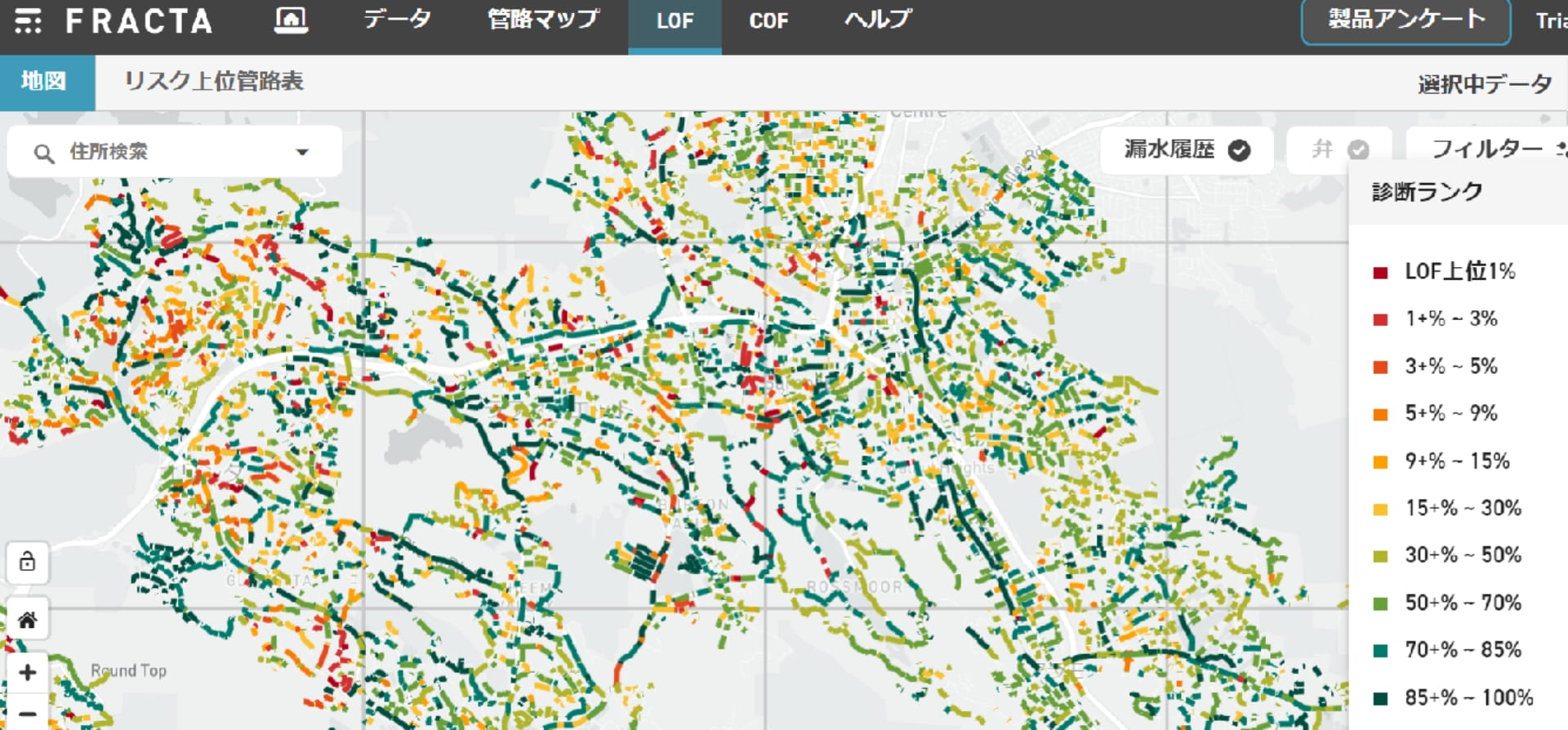
Visualization of the risks on a map by importing water pipe data and environmental data into the analysis
Identify and analyze the probability of water pipe damages
Comments from project member

JICA DX Office Takuro Asanuma
JICA, who has been involved in water projects worldwide for many years, is also paying close attention to Fracta's high technological expertise, which is already being recognized globally, while adopting their innovative idea of using AI to predict the risk of water loss due to aging water pipes.
While water infrastructure is an essential part of people well-being all over the world, aging pipes of underground water and the increase in maintenance costs have become a global issue. During our pilot project demonstration in Thailand, we also kept asking ourselves whether Fracta's AI pipe diagnosis solution can be applied in the countries where data is lacking. Throughout the process of PoC, we could reaffirm that the trust that JICA has developed and acted as an intermediary for the data provision was a large advantage to us with significant effects as the outcome. We also hope that the service will be widely adopted by other water infrastructure projects around the world as we expect that safe and qualified water will be delivered to people.
JICA DXLab projects
- CASE STUDIES 5 Satellite Data Used to Predict the Future of the Earth's Environment
- CASE STUDIES 4 Passion for Change! Poverty Reduction through a Unique Financial System
- CASE STUDIES 2 From Kagawa, Saving Mothers and Children in Asia
- CASE STUDIES 1 A Revolution for a Billion People - Agri-tech Challenges in India
- DX Lab 1 Using AI to Detect Elephants Early and Promote Coexistence with Humans
- INTERVIEWS 3 Supporting Startups Aiming for Social Innovation in Developing Countries through Google's Accelerator Program
- INTERVIEWS 2 Challenge in Bhutan! Using Health Data to Promote People’s Health and Wellbeing
- INTERVIEWS 1 Roundtable: Telemedicine Startup × VC × JICA




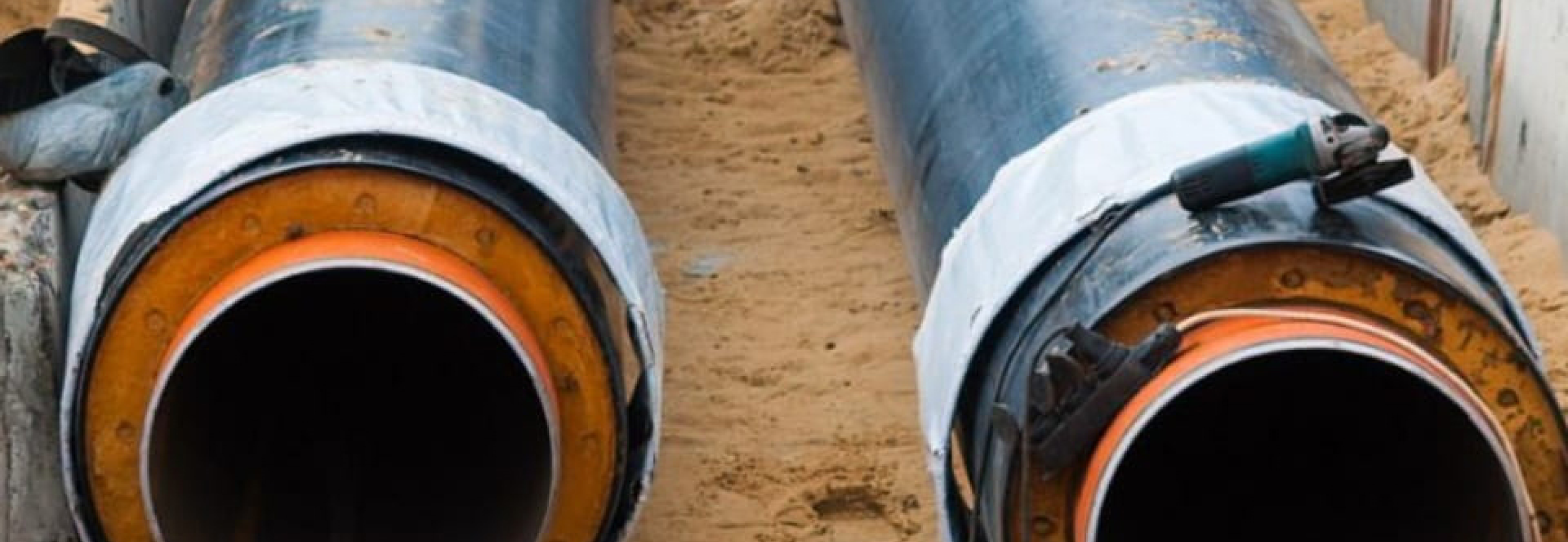

scroll